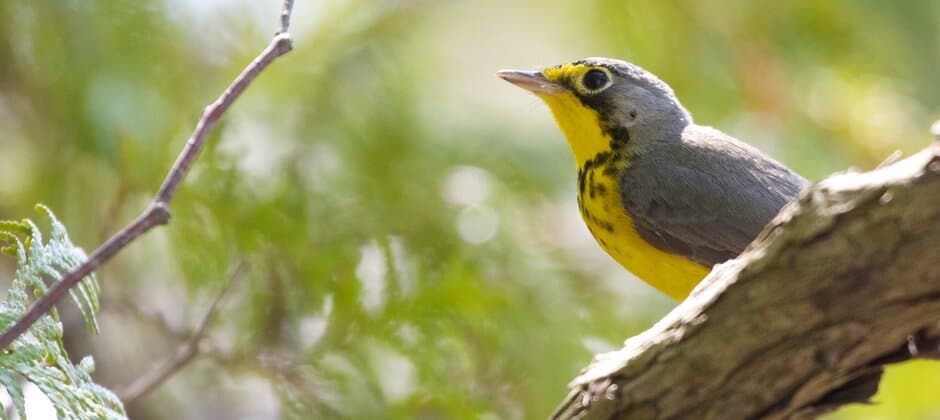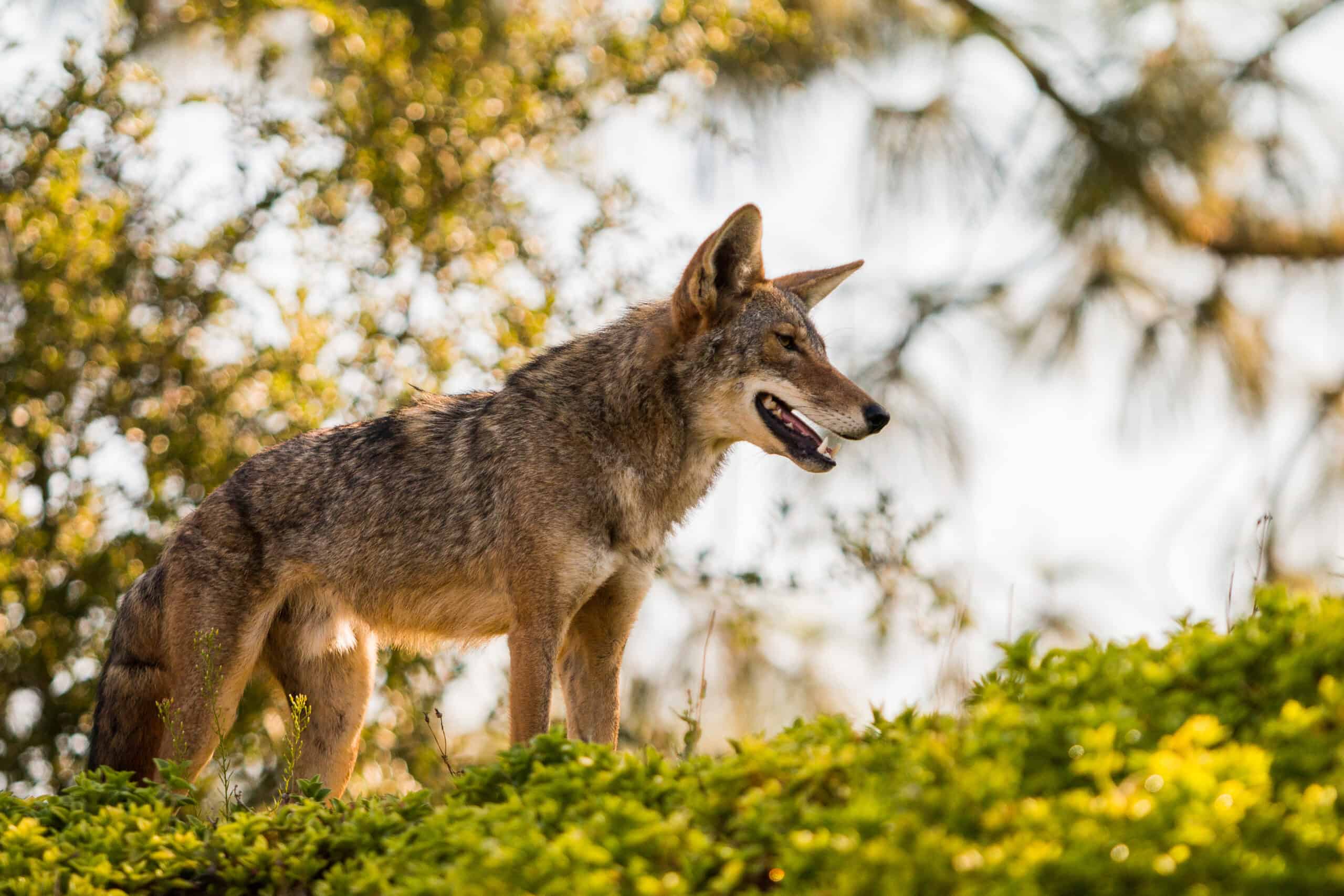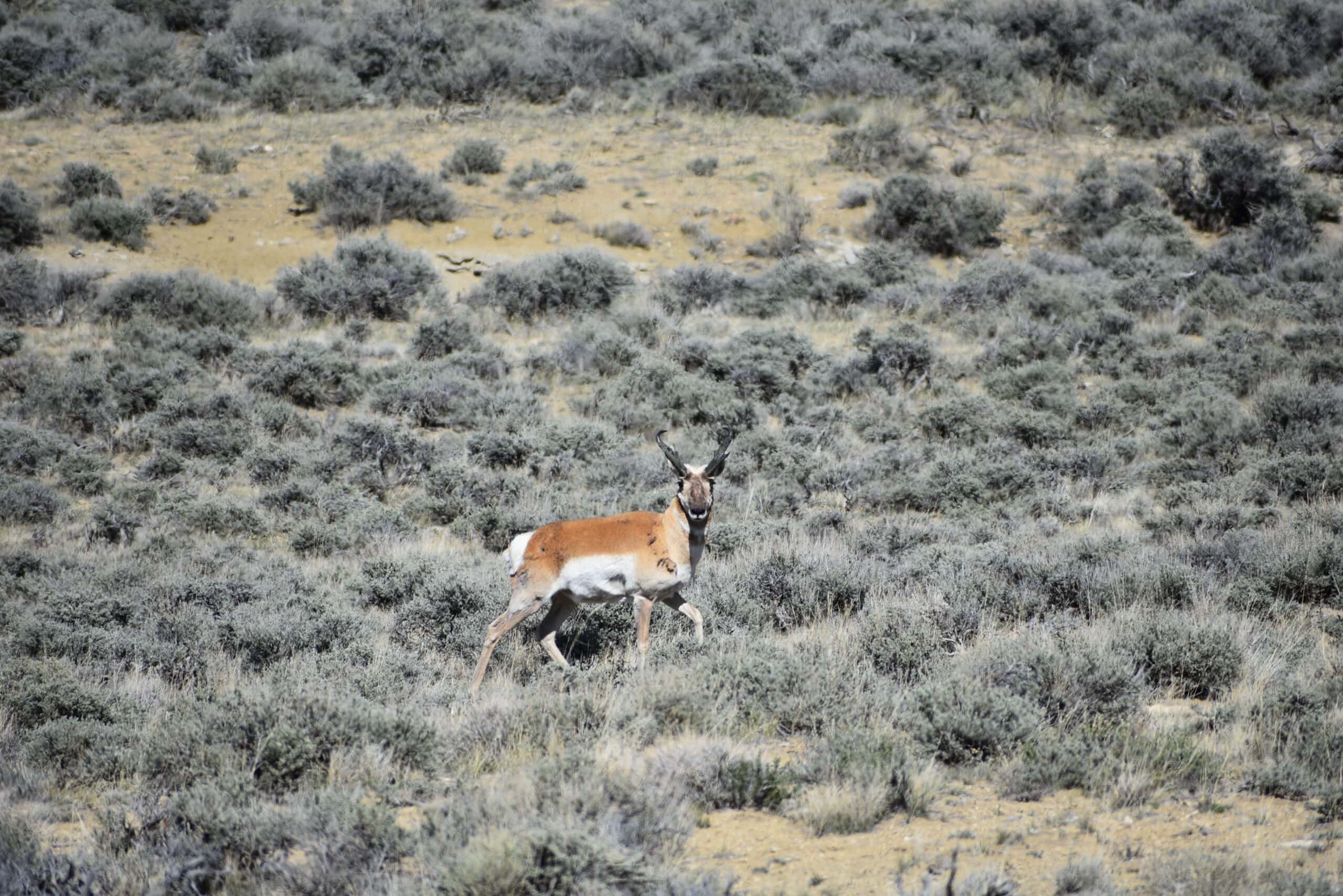Share this article
Committee advances Recovering America’s Wildlife Act
The U.S. House Committee on Natural Resources advanced the Recovering America’s Wildlife Act (H.R. 2773) in a bipartisan vote during this week’s full committee markup on the legislation. The bill now advances to the full House of Representatives for consideration.
The Wildlife Society, along with the American Fisheries Society, submitted testimony encouraging members of the committee to vote in favor of the bill. This outreach occurred alongside efforts by many TWS chapters that have reached out to their members of Congress expressing support. If passed into law, the legislation will secure $1.3 billion in funding annually for state fish and wildlife agencies as well as $97.5 million annually for tribal nations to proactively conserve species of greatest conservation need.
Reps. Debbie Dingell (D-Mich.) and Jeff Fortenberry (R-Neb.) introduced the bill to the House earlier this year. “There is such a broad group of stakeholders supporting the Recovering America’s Wildlife Act, and the fact that it is so broad underscores the need for action and the support for this approach,” Dingell said in her opening statement. “Leading conservation organizations, sportsmen’s groups, businesses, all support the legislation for really important reasons.”
Rep. Jared Huffman (D-Calif.), an original co-sponsor of the bill, also expressed support for the bipartisan effort. “Whether you are a hunter, or an angler, or a birdwatcher, a hiker, democrat, or a republican, I think we all should want to help our wildlife thrive,” Huffman said.
Many representatives that voted against the legislation still supported proactive conservation and the intent of the bill. However, their support stopped short of voting for the bill due to uncertainty on how to effectively pay for the program, a point currently being explored by committee leadership.
“I am committed to continuing the conversation with the ranking member with respect to the pay-for for the Recovering America’s Wildlife Act,” Dingell said.
Several amendments were considered during the markup, and a handful were adopted for further consideration on the House floor. Approved amendments include language that limits administrative spending in carrying out the legislation, language dedicating half of a percent of funding to the Department of the Interior inspector general’s office to oversee implementation, and language affirming the status quo in existing Alaskan tribal agreements.
The legislation now heads to the House floor for consideration. Over in the Senate, a December hearing in the Environment and Public Works Committee has set up the companion legislation for full Senate committee consideration in the coming months.
Header Image: Canada warblers (Cardellina canadensis) were identified by 17 states as species of greatest conservation concern. Credit: Matt MacGillivray








